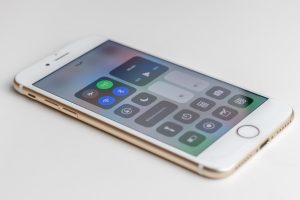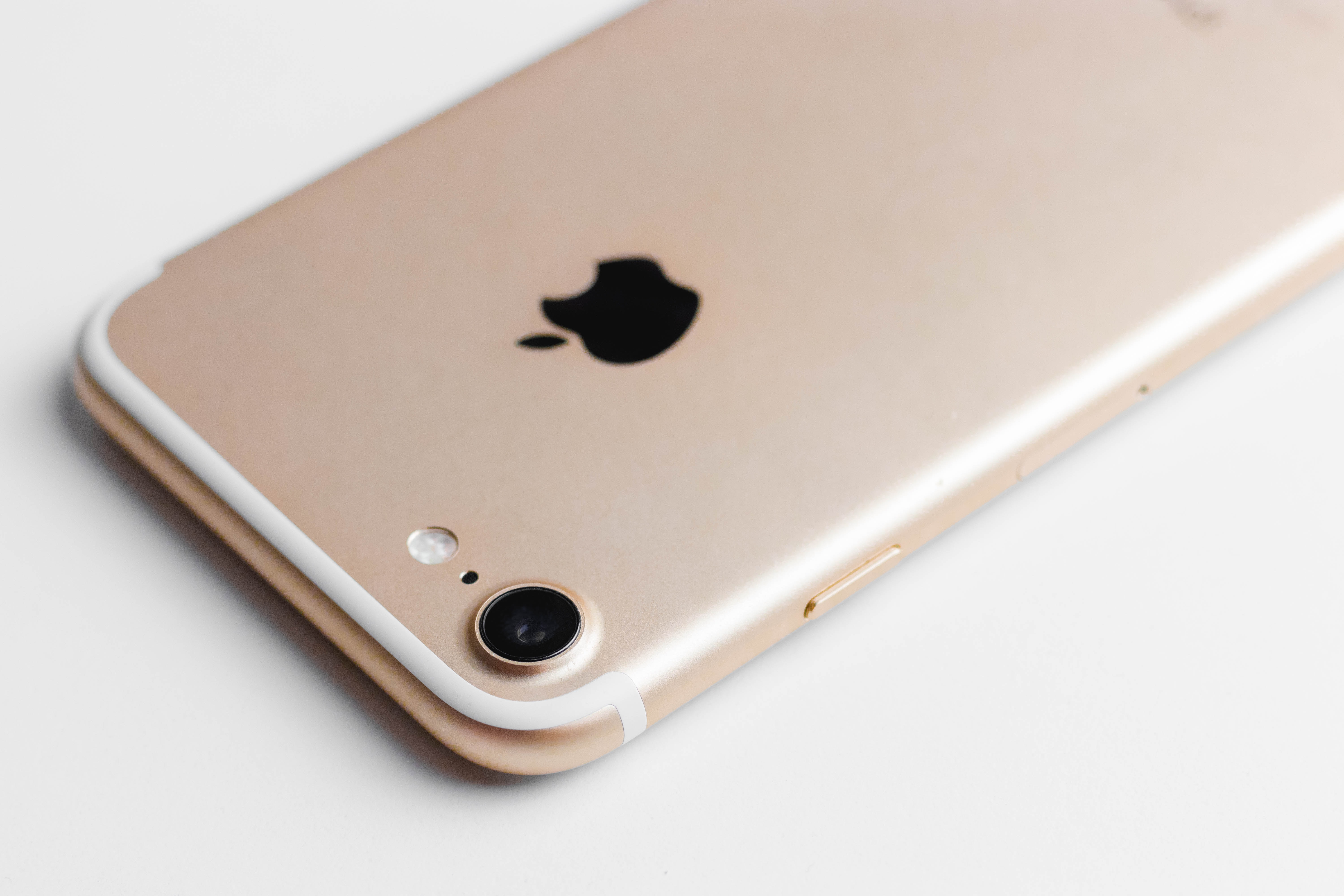Tech giants Apple and Google team up to create smartphone tracking amid COVID-19.
Apple and Google recently announced they would be partnering during the pandemic to help public health agencies around the world use smartphone technology to track the spread of COVID-19. Newly developed software that will be rolled out in the near future will make it easier to utilize Bluetooth wireless technology to track people who may have been infected by coronavirus carriers. This data would then be used to alert others who might have been infected by known carriers when the apps are installed, and users have agreed to share data with public-health authorities.
Such technology has already been released in China and Singapore and a handful of European countries are also following suit. Governor Gavin Newasom of California said at a conference about the ongoing development discussions, “We were on the phone just this morning, for example, with Apple.”
Of course, privacy advocates believe the tracking measures need to be developed in a way that government oversight does not abuse the features and retrieve more personal information than is needed.

“It could be a useful tool, but it raises privacy issues,” said Dr. Mike Reid, an assistant professor of medicine and infectious diseases at the University of California, San Francisco. “It’s not going to be the sole solution, but as part of a robust sophisticated response, it has a role to play.”
However, the benefits outweigh the costs, officials say, even as security experts note that technology alone cannot effectively track down and identify people who may have been infected by COVID-19 carriers.
“It’s not a replacement for just having widespread testing, which would be more accurate,” said Tiffany Li, a visiting law professor at Boston University who studies privacy and technology. “But clearly we have a huge shortage of tests.”
Reid echoed these sentiments, stating, “This data could empower members of the general population to make informed decisions about their own health in terms of self-quarantining. But it doesn’t replace the public health imperative that we scale up contact tracing in the public health departments around the world.”
Pam Dixon, executive director of the World Privacy Forum, said she recently had a conversation with Apple’s senior director for global privacy, Jane Horvath, who told her that consumer privacy would be protected. The data collected would be encrypted so sensitive user information would not be shared.
“I think they’ve taken care of some of the really big problems,” Dixon said. “The government is not going to have identity information of those testing positive.”
President Donald Trump called the initiative “very interesting,” but also expressed concern that “a lot of people worry about it in terms of a person’s freedom.” He added, “We’re going to take a look at that.”
In general, epidemiologists say contact tracing won’t be effective without widely available testing. However, tech experts hope the data will allow for quick isolation when there is a known outbreak. The Google-Apple effort will also only be available via consumer opt-in. It will be rolled out in two phases beginning in May, with iOS and Android platforms taking precedence.
Sources:
Apple and Google Team Up to ‘Contact Trace’ the Coronavirus
Apple and Google team up on virus ‘contact tracing’ by smartphone


Join the conversation!